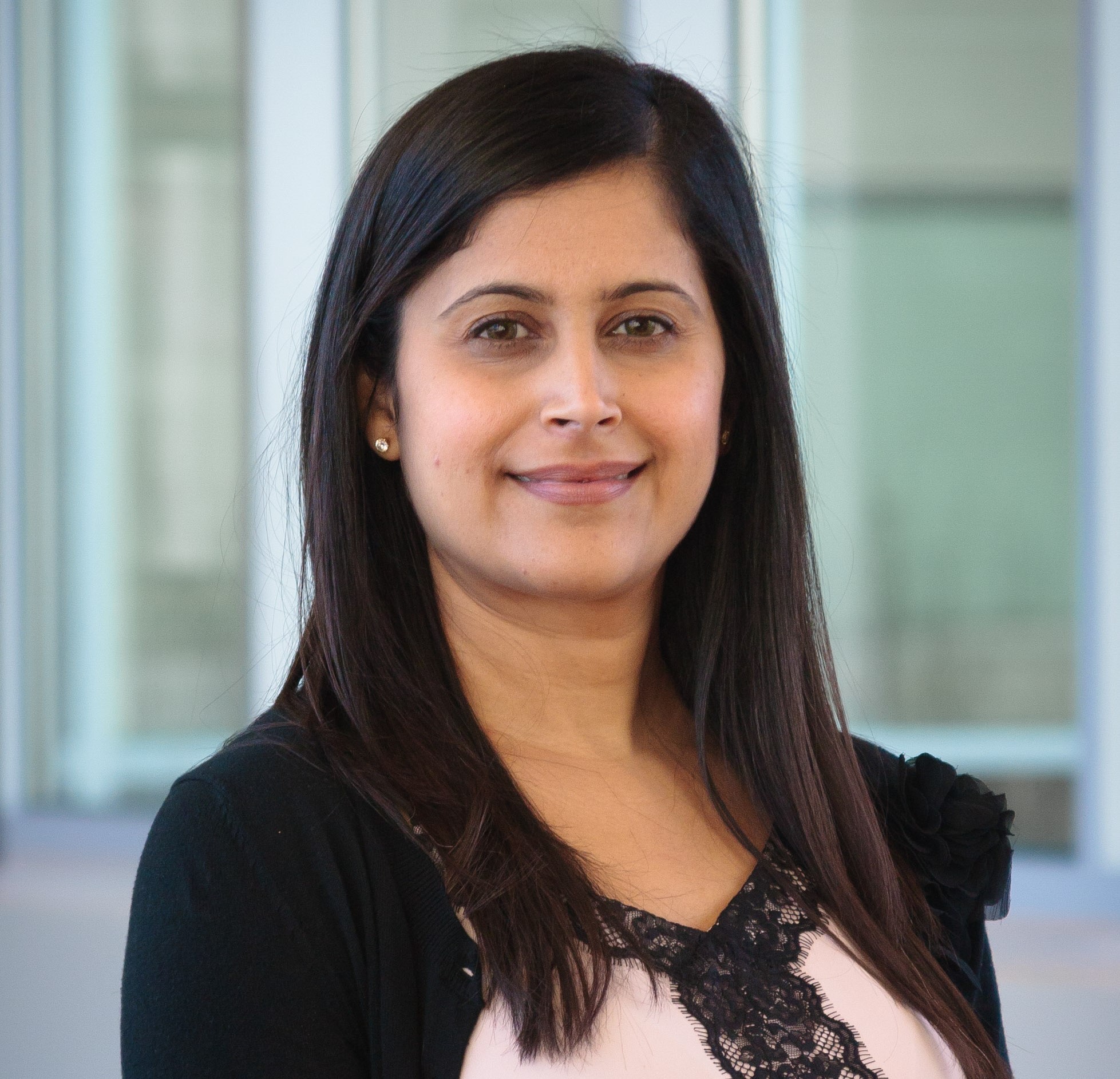ISO 17664[1] and ISO17664-2[2] clearly state that all reprocessing instructions provided in the Instructions For Use (IFU) document must be validated; and FDA[3] as well as other guidance documents provide information on how these validations should be performed. However, that leaves the question as to what the lab requirements are for a lab performing these validations and what quality system should be used. Indeed, a lab cannot just perform reprocessing validations, even if appropriate guidance documents are followed. Depending on where your devices are sold, regulatory agencies will expect reprocessing validations to comply with different quality systems.
Most countries world-wide
ISO/IEC 17025:2017, General requirements for the competence of testing and calibration laboratories, is the main ISO standard used by testing and calibration laboratories. It is generally referenced in all quality system documents as it is the preferred standard and satisfies the needs of regulatory agencies regarding quality system programs. Consequently, ISO/IEC 17025 accreditation is the standard labs in most countries must hold to be deemed technically competent. Each procedure used during reprocessing validations, including the analytical assays and equipment used for validation testing (e.g., measuring residual hemoglobin or proteins), must be accredited under the ISO/IEC 17025 scope according to applicable guidelines.
US
US-FDA prefers cleaning and disinfection validations to be performed under Good Laboratory Practices (GLP). This requirement is not applicable for other validations, such as steam sterilization validations. As opposed to ISO/IEC 17025 accreditations, a GLP accreditation covers areas of expertise and include specifics for biological test systems that apply to non-clinical studies. These test systems include quality management systems concerned with organizational processes and conditions where the studies are planned, performed, monitored, recorded, reported, and archived. Additionally, labs can achieve ANAB accreditation (American National Standards Institute (ANSI) National Accreditation Board) which provides accreditation based on ISO standards and industry requirements.
Reprocessing validations at Nelson Labs
At Nelson Labs, we are ISO/IEC 17025 as well as GLP accredited for all our reprocessing validation activities. The ISO/IEC 17025 accreditation for testing laboratories is used as a backbone to which the requirements of GLP are added where applicable.
[1] ISO 17664:2017 Processing of health care products – Information to be provided by the medical device manufacturer for the processing of medical devices.
[2] ISO 17664-2:2021 Processing of health care products – Information to be provided by the medical device manufacturer for the processing of medical devices – non-critical medical devices
[3] FDA 2015 Reprocessing medical devices in health care settings: Validation methods and labeling – Guidance for industry and food and drug administration staff




